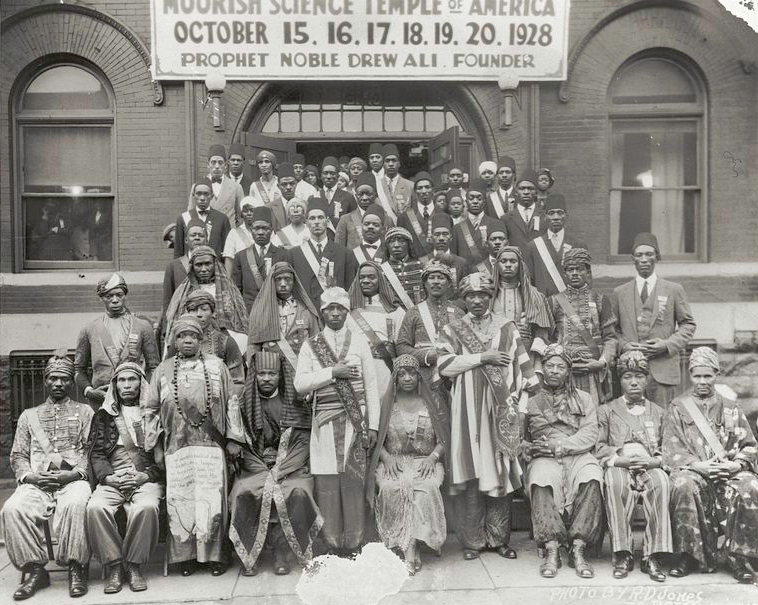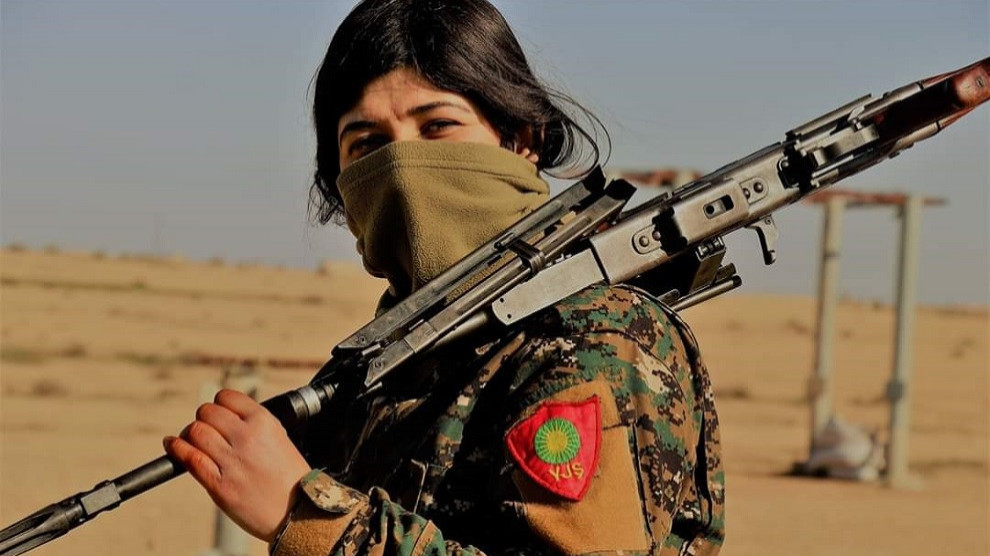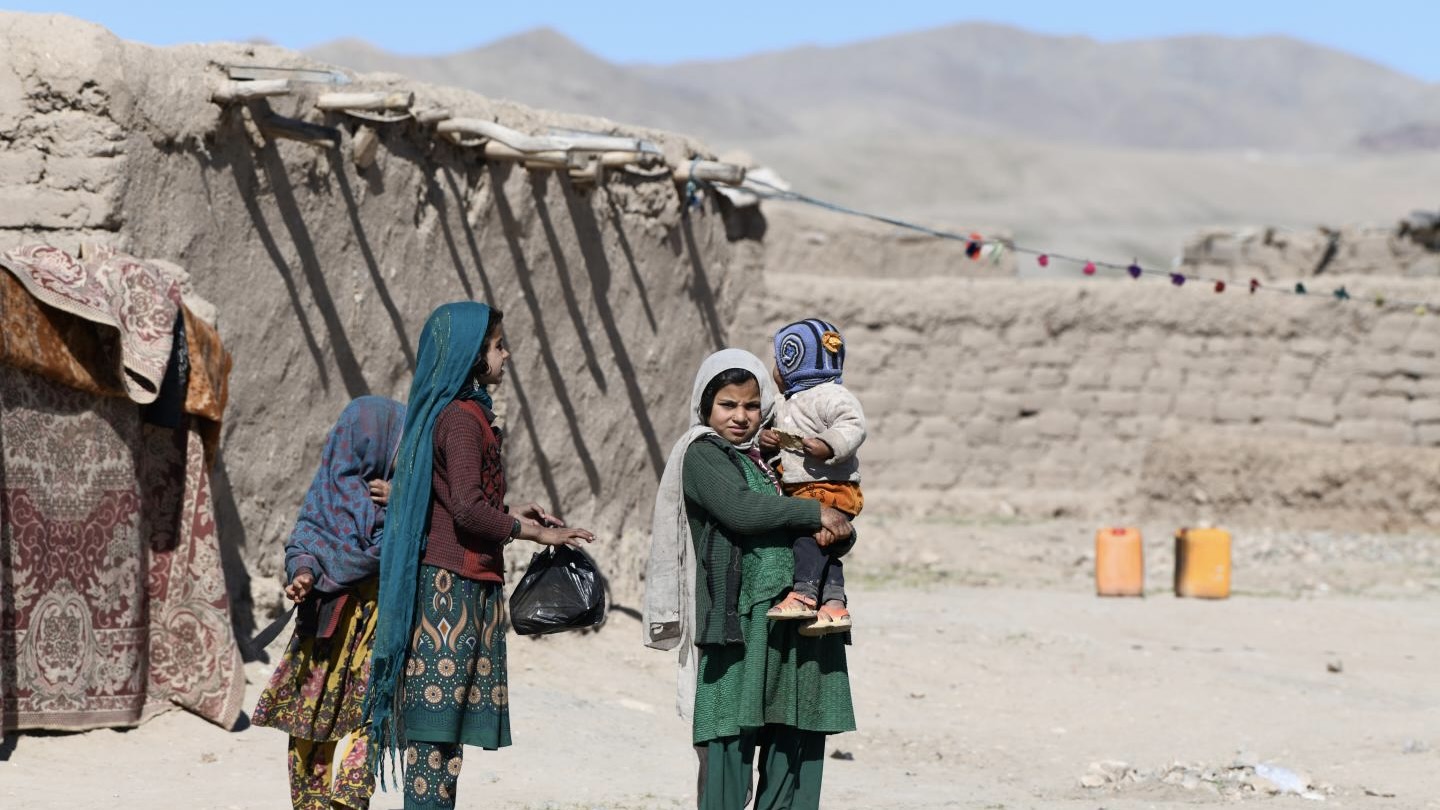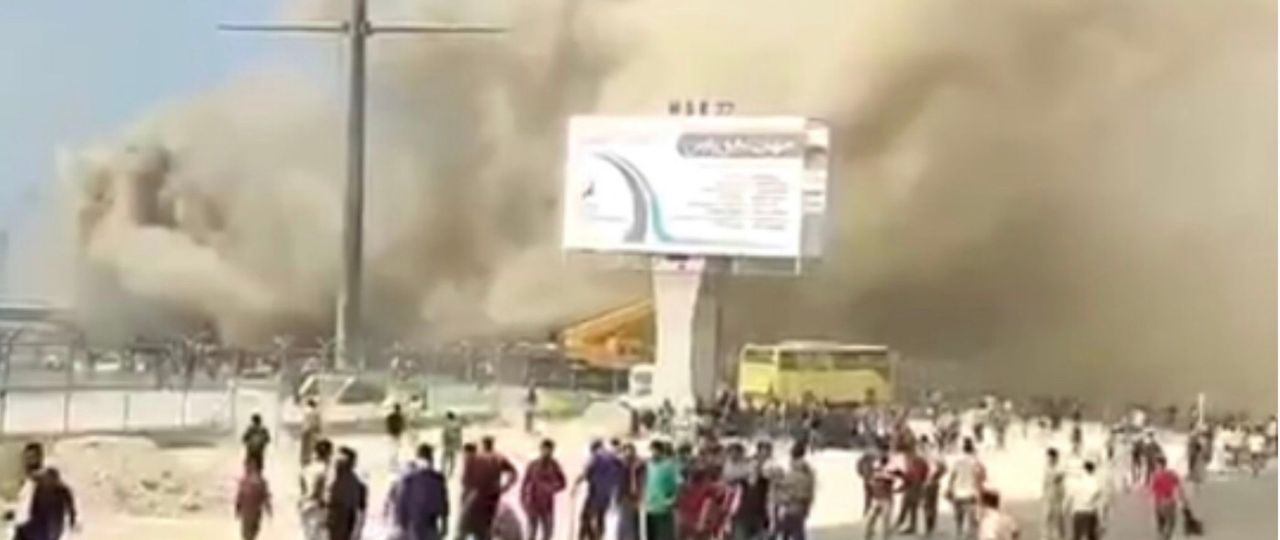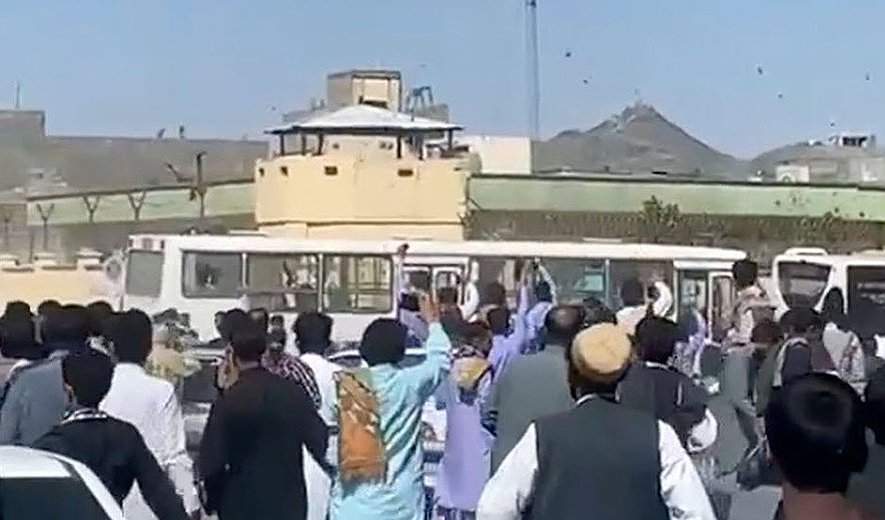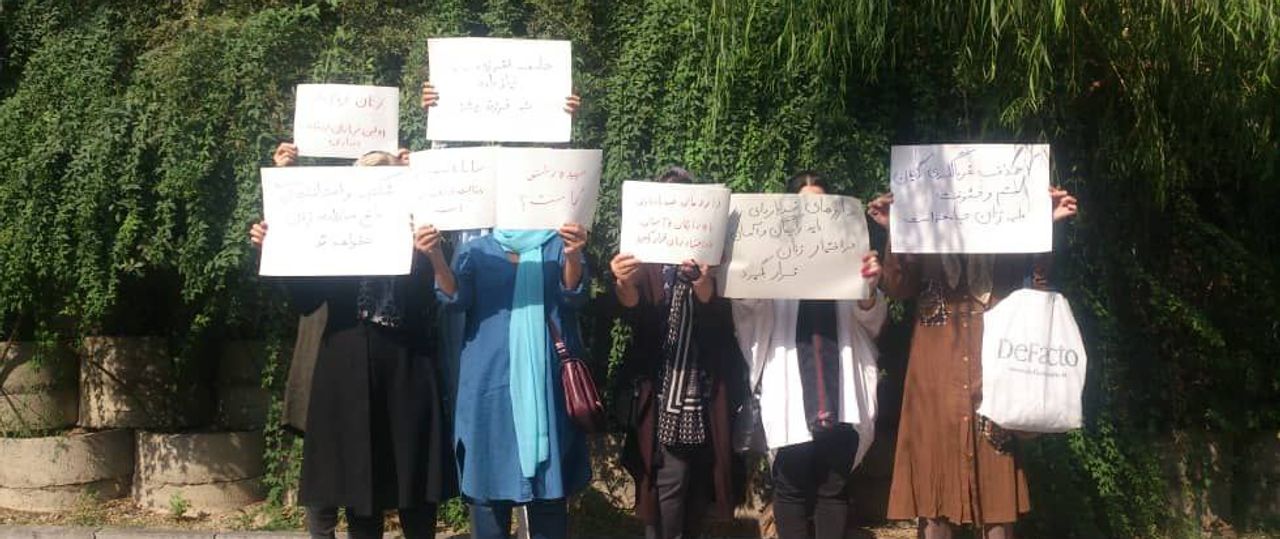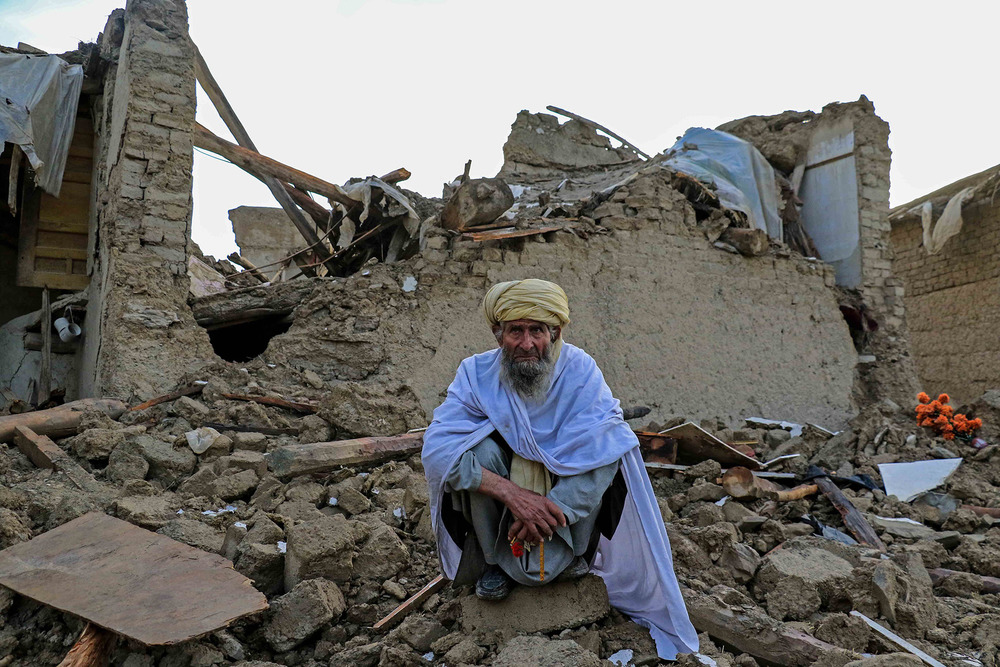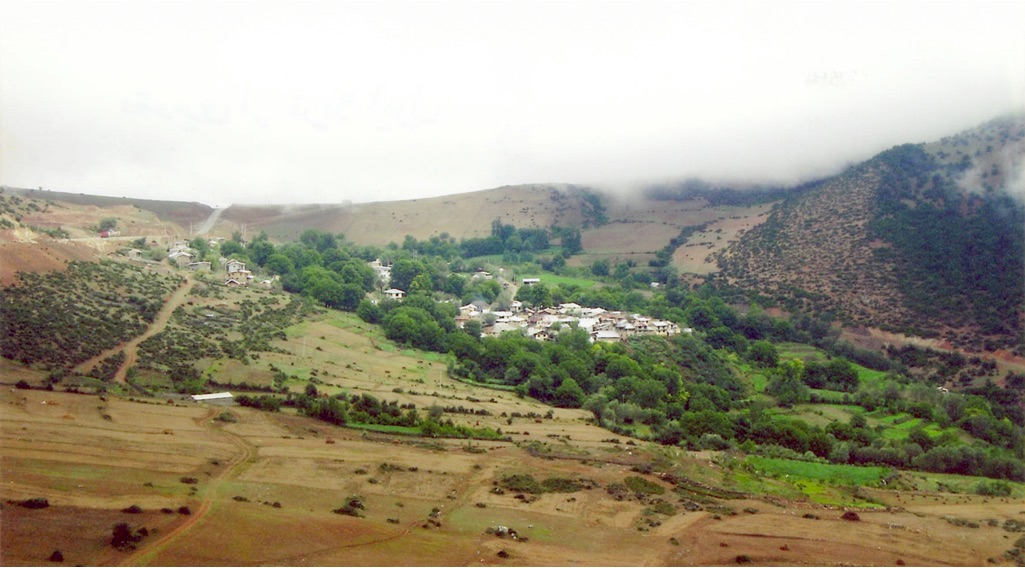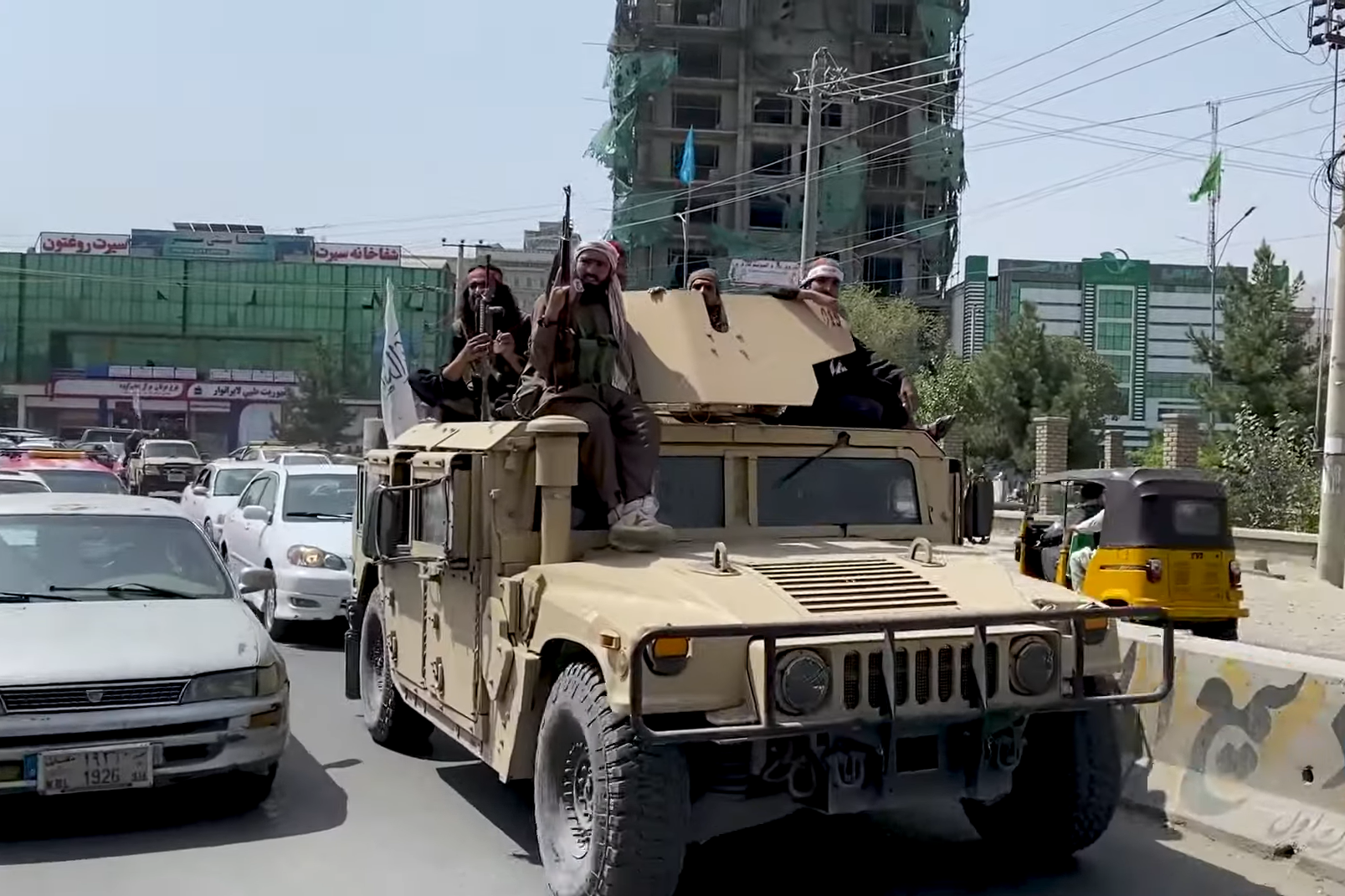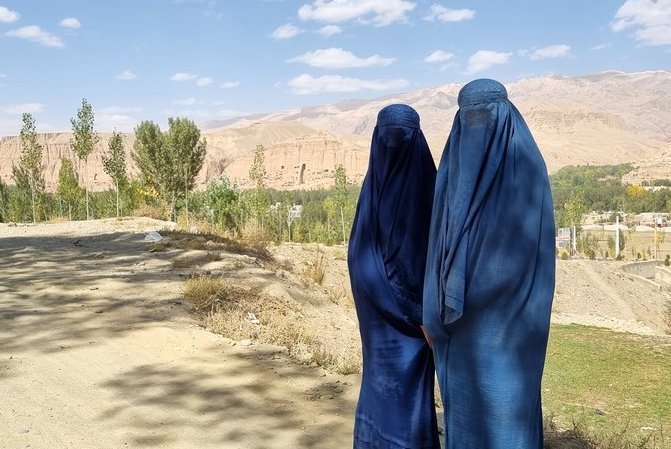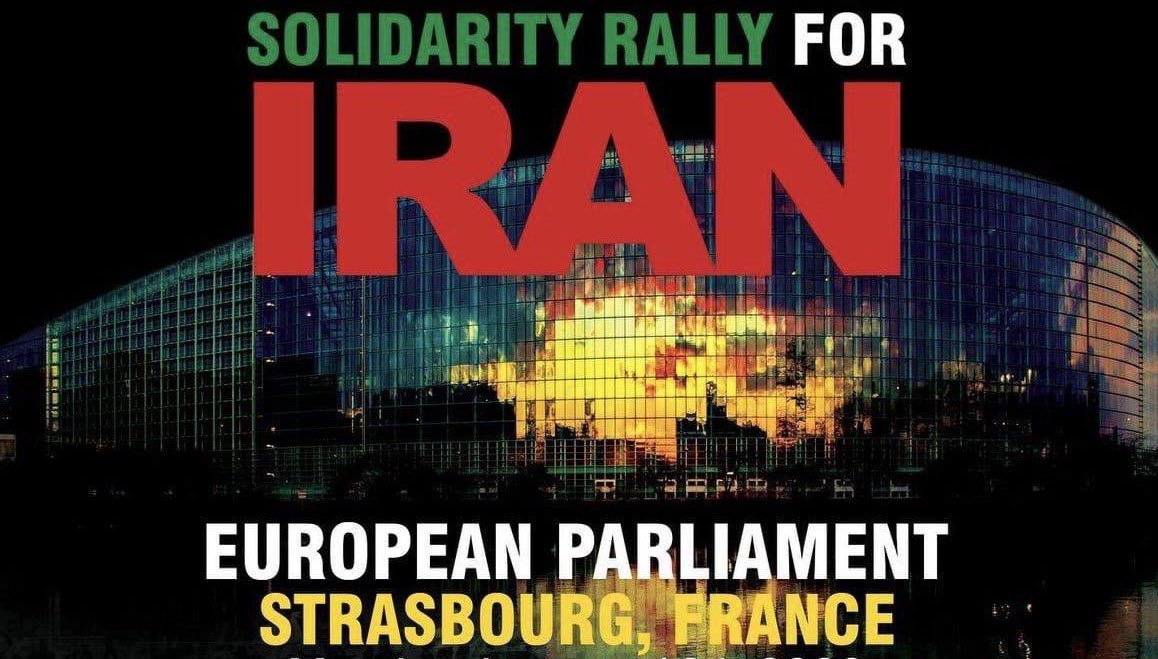
Iran: resistance grows as death toll tops 500
The independent Human Rights Activists News Agency (HRANA) released statistics finding that 522 protestors, including 70 children and youths, have been killed in Iran since the start of the national uprising in September. Authorities have arrested 19,400, including 168 children and youths. Of those detained, 110 are “under impending threat” of a death sentence. Four protestors have already been executed. Thousands of Iranians from across Europe meanwhile gathered at the European Parliament in Strasbourg, France, to demand that the body officially designate the Islamic Revolutionary Guard Corps (IRGC) as a terrorist organization. A statement in support of the measure was issued by an underground alliance of protest groups, United Youth of Iran. The new underground network released a manifesto last month, calling for a unified front of protesters, labor unions and opposition forces to bring about a secular, democratic government in Iran. (Photo via Twitter)



